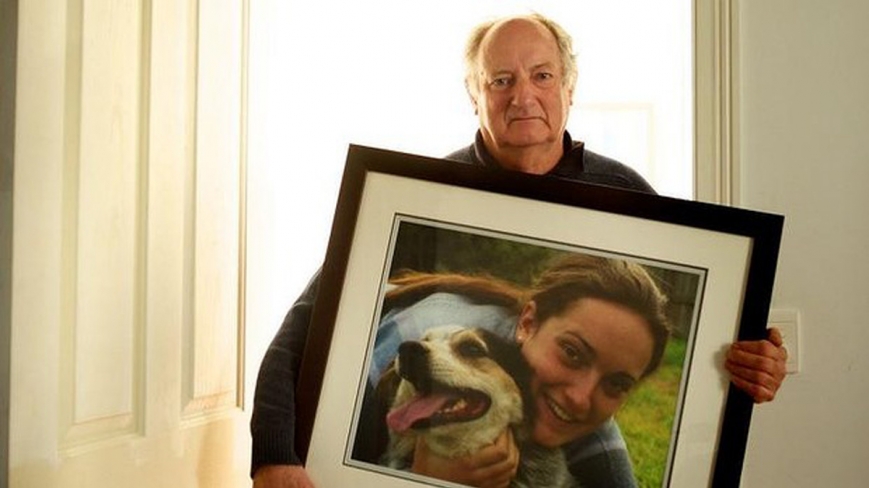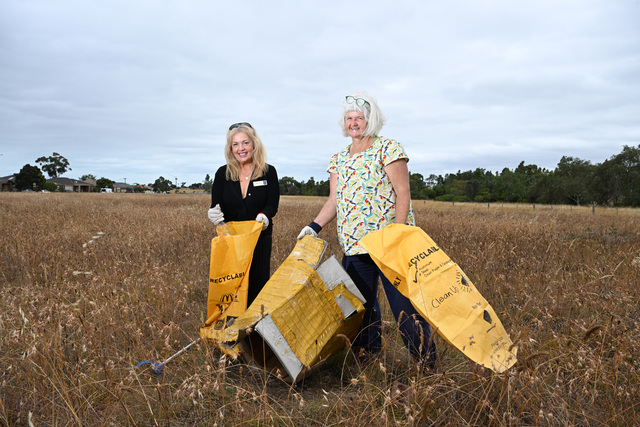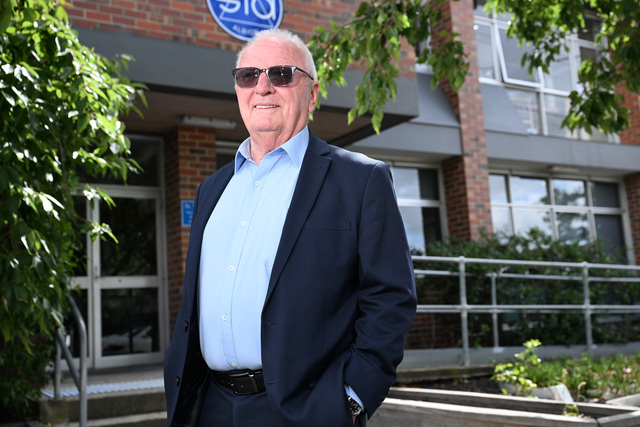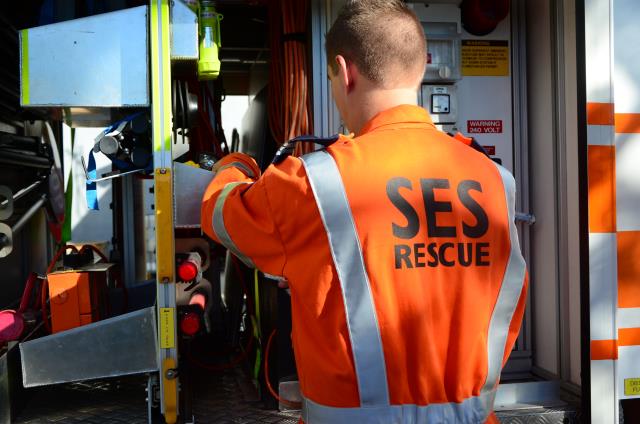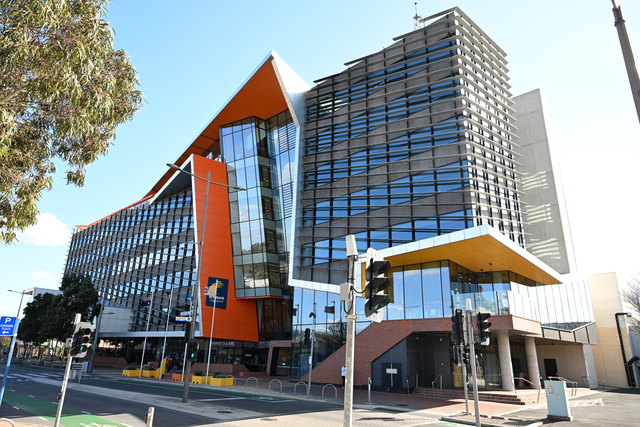“She was just gorgeous,” Colin Hauserman says of his daughter, Amy, as his eyes fill with tears. For just a moment, Mr Hauserman is in another world. It is one where his “kind-hearted, animal-loving” girl, Amy, is still around, filling his life with smiles and energy rather than lying prostrate, skin cold and tinged blue, at the Victorian hospital that was meant to care for the 26-year-old after she had been voluntarily admitted as a psychiatric patient.
Mr Hauserman remembers that day all too well.
It was March 16, 2008, and Mr Hauserman recalls telling his son to rush to the hospital as he struggled to get a clear answer from staff about what had happened to his daughter and whether she was still alive.
He remembers his son, a registered nurse and paramedic, walking into the room where Amy lay and telling him: “F— dad, she’s dead.”
And he remembers some within the hospital later trying to convince him that Amy had killed herself. That claim was soon discounted by evidence uncovered by Mr Hauserman and, last year, finally rejected by the State Coroner, who concluded that Amy had drowned in a bath at the Frankston Hospital because its staff had failed to properly assess the risks of letting a highly vulnerable patient bathe unsupervised.
Fairfax Media can reveal that earlier this year, six years after Amy’s death, Peninsula Health paid out almost $1 million in damages to the Hauserman family after they sued it, accusing Frankston Hospital of negligence.
“The hospital failed to look after my daughter and as a result, my daughter died in their care,” Mr Hauserman says.
The story of Amy is not isolated, says Mr Hauserman. He is critical of the way hospitals conduct internal investigations and reach conclusions which may be too readily accepted by grieving families.
In Amy’s case, Mr Hauserman says that if he hadn’t sought the state Ombudsman’s help in getting the hospital to check its phone records, he would have never found a key piece of information contradicting the suggestion that his daughter was suicidal.
Instead, Mr Hauserman was able to confirm that his daughter had called a friend shortly before her death and talked about future events she was keen to attend when she left hospital. Mr Hauserman says the call suggested his daughter was a young woman who, however troubled – she had previously suffered anorexia and schizophrenia – wanted to live and was looking forward to the future.
Last year, Coroner Peter White ruled that while it was uncertain whether Amy had fallen into an unconscious state or accidentally slipped as she tried to step out or get in to the bath, there was no evidence that she had committed suicide.
While sympathetic to the nursing staff involved, Mr White said that allowing her to take a bath without constant supervision, and without evaluating the risks or seeking her consultant’s advice, was a mistake. She would have had a high chance of being rescued if a nurse had been in the bathroom.
‘’Instead, in the case of this already vulnerable and physically frail patient, who was in a poor and deteriorating mental state, I find that the absence of supervision was a primary feature leading to her death,’’ his report found.
Frankston Hospital has changed its bathing policy as a result of the inquest, but Mr Hauserman says the hospital has never adequately acknowledged the insensitive and flawed manner in which he says it handled Amy’s death.
A spokesperson for Peninsula Health said: ‘‘Peninsula Health was deeply saddened by the death of Ms Amy Hauserman and the impact of her death on those that loved and cared for her.

